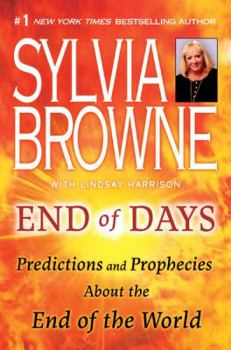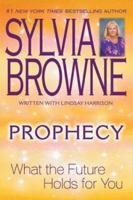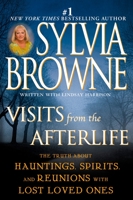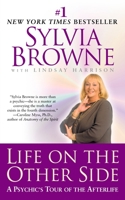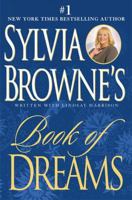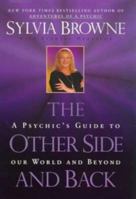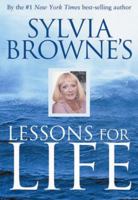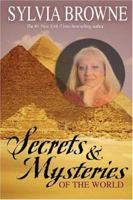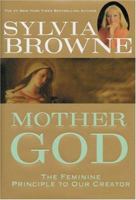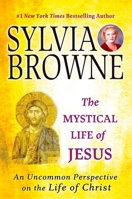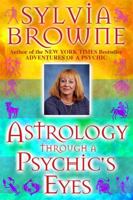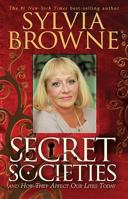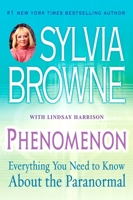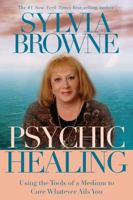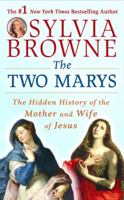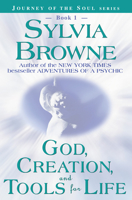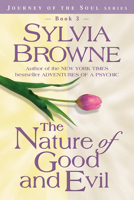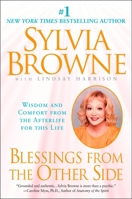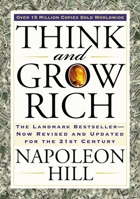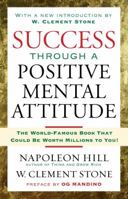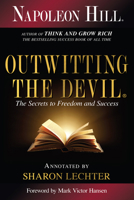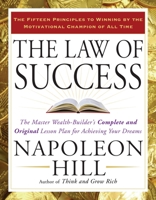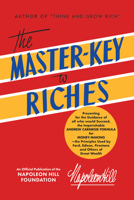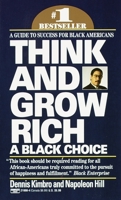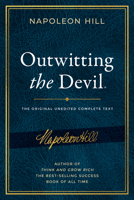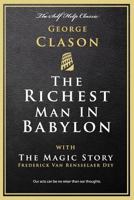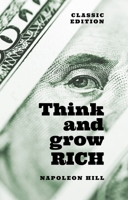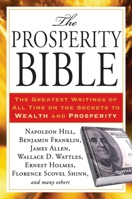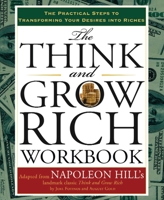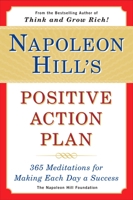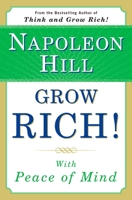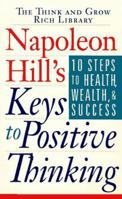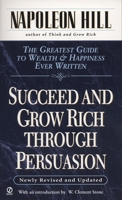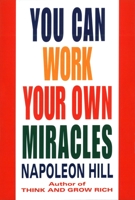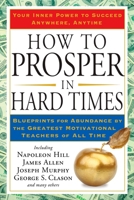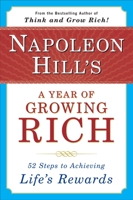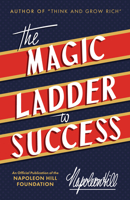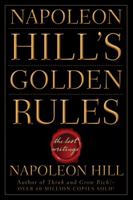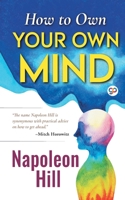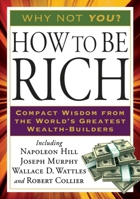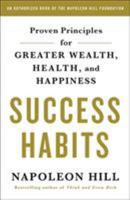End of Days: Predictions and Prophecies About the End of the World
Select Format
Select Condition 
You Might Also Enjoy
Book Overview
Customer Reviews
Rated 1 starsDont waste your time.
Very boring read, dont waste your money. Most of the authors predictions were wrong. The bulk of the book is a historical account of different religions and cultures account of what the end of days may look like.
0Report
Rated 4 starsGreat Book
This book provides accurate information about every profit, religion and society that ascribed to the End Days predictions. Very interesting to discover this info.
1Report
Rated 5 starsGreat read
This book is a great read. I couldn't put it down, throughout the whole book you just keep wondering what you are going to read about next. It is full of great historical information and is full of prophecies of the future not only by Sylvia Browne but by other great prophets of the past. I have read many of Sylvia Browne's books and all are good reads but this one is one of my favorites and it is a very fast read for everyone...
1Report
Rated 5 starsA must read for everyone
Informative. Offers an opposmistic view of our future and dispels doomsday predictions. Down to earth written and very explanatory. Sylvia Browne is able to express herself in a unique manner using her special ability to convey information and offer insight to what is going on in the world, spiritually and physically. Sylvia's knowledge is immense and she explains in detail her observations and the reasons that events...
1Report
Rated 5 starsMust read !!
To all those who have read different books on prophecy--this is THE book. Sylvia extends to us historical prophecies and then submits her own. Her prophecy makes the most sense. It confirms my ideas I had all along on the subject. You won't regret picking up this book. Darlene
1Report











